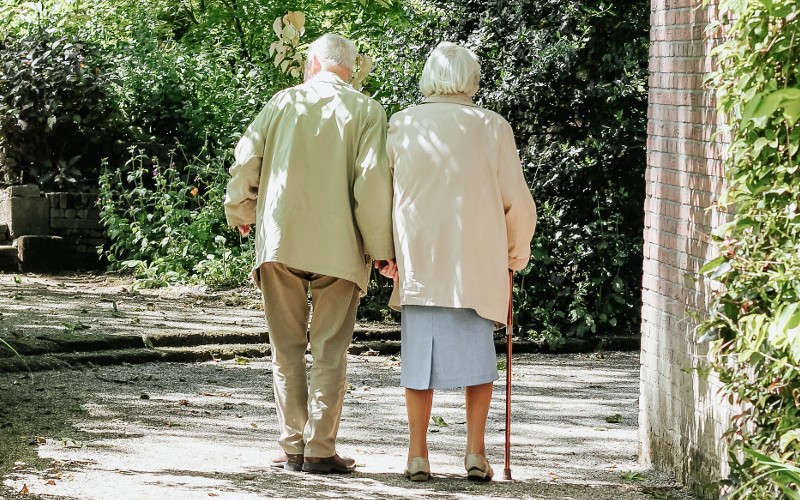A new AI discovery tool from Cera claims to predict elderly falls at home a week before they happen with 83% accuracy.
The company, which delivers social care across the UK and topped our HealthTech 50 ranking this year, is rolling out the artificial intelligence tool with the aim of dramatically improving social care and preventing hospitalisations.
Around a third of people aged 65 and over, and around half of people aged 80 and over, fall at least once a year in England. In 2021/22 there were 223,101 hospitalisations as a result of a fall by people over the age of 65.
The total annual cost in the UK of fragility fractures, common conditions as a result of a fall, has been estimated at £4.4 billion.
Cera’s carers and nurses deliver 50,000 home visits per day to patients on behalf of the NHS and local authorities across the UK. They are able to input key indicators such as a poor sleep or a change in mood into the Cera SmartCare App on a smartphone. This information is then used by Cera’s Fall Prediction AI to accurately predict who is most at risk of a fall.
The firm says it can predict a fall with 83% accuracy up to a week before it happens, enabling carers to intervene to prevent people falling at home. Unlike many recent AI breakthroughs, this technology requires the in-person human interaction of a carer or nurse and their patient, and is not replacing any task currently delivered by a human.
Cera is launching this Falls Prediction AI across the UK including Wiltshire, Wirral, Yorkshire South and West, Essex and Havering, Abercynon and Forth Valley. The company is actively seeking to work with local authorities and the NHS to utilise this groundbreaking AI and start preventing thousands of people from falling and being hurt in their own homes.
“Cera has been pioneering technology and AI in home healthcare for several years,” said founder and CEO Dr Ben Maruthappu MBE. “This breakthrough could stop thousands of elderly people from falling over and ending up in hospitals.
“It is avoidable and we want to work with local authorities and the NHS to stop these falls and deliver better care. This not only helps people live longer healthier lives in their own homes, but in turn also reduces pressures on the NHS and has the potential to save up to £550 million per year.”
Charlotte Donald, director of operations at Cera Care, added: “Most families who have an elderly relative will have experienced the impact or fear them falling. Falls are painful, some people never fully recover from a fall and those who do tend to lose some confidence in themselves and their independence.
“Preventing one person from falling is significant, being able to prevent tens of thousands is nothing short of groundbreaking. The Cera team of carers and nurses cannot wait to get started.”


